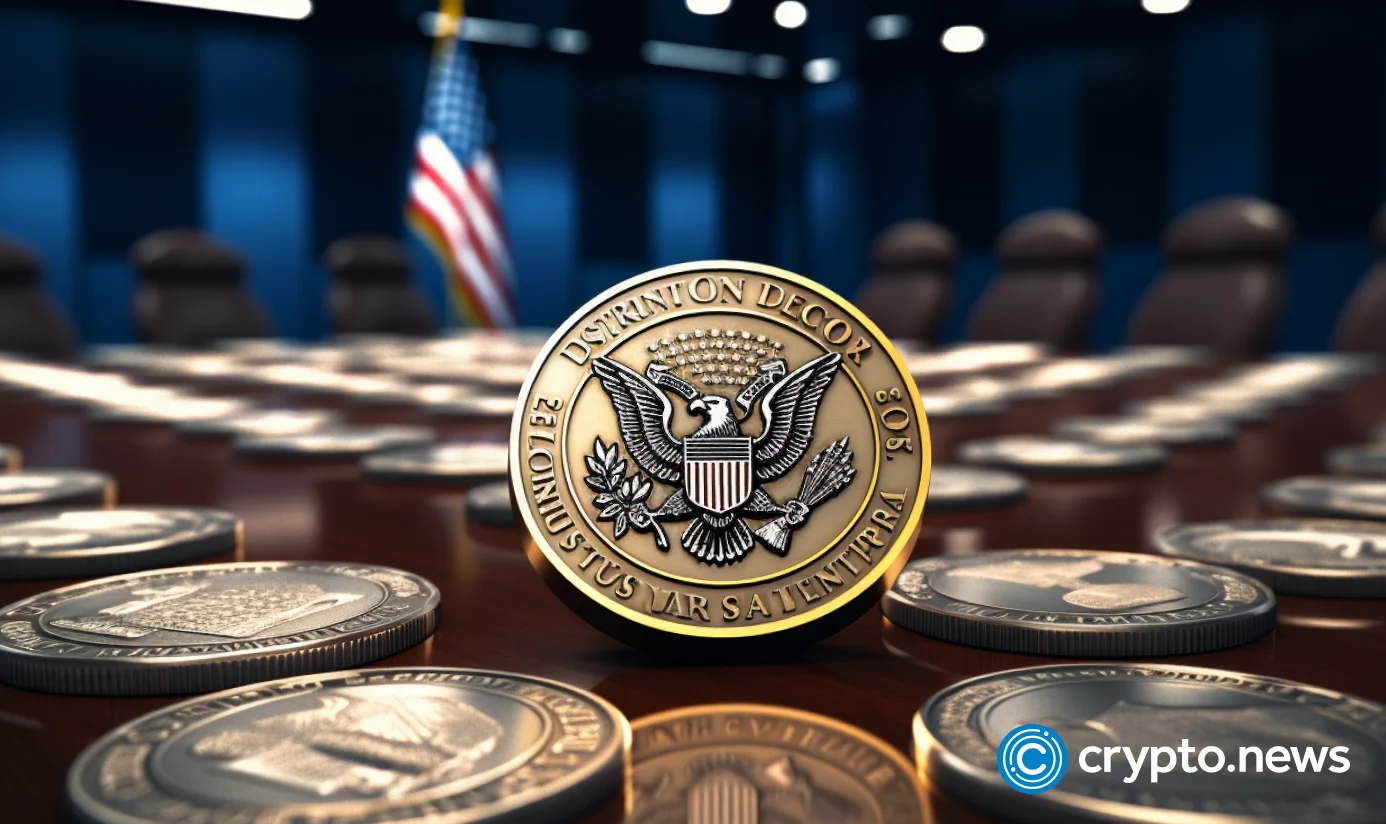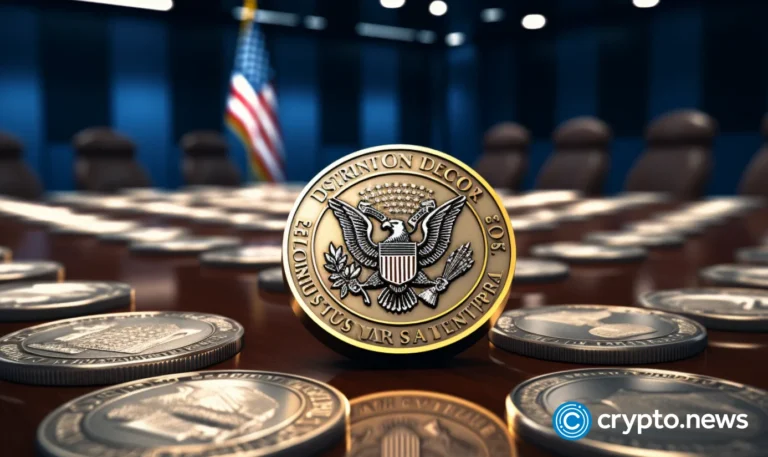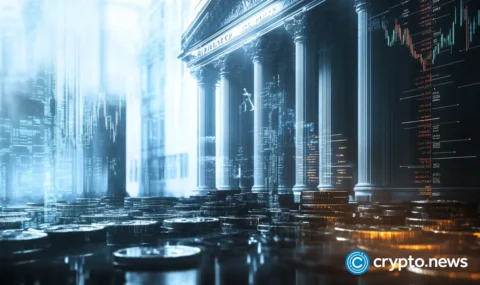
The House Business and Labor Committee in Montana has advanced a bill that seeks to establish a reserve allowing investments in Bitcoin, precious metals, and stablecoins.
Introduced by Representative Curtis Schomer, House Bill 429 first landed in the House on Feb. 7 and has now cleared its first major hurdle with a 12-8 committee vote on Feb. 19. Despite unified opposition from Democrats, the bill secured enough support from Republicans to move forward.
Now, the bill heads to the full Montana House for a vote. If it passes there, it will move to the state Senate for further debate and approval. From there, it would need the governor’s signature to become law.
If passed, Montana would establish a state special revenue account dedicated to investing in digital assets, precious metals, and stablecoins as part of a broader reserve strategy.
The bill authorizes the state treasurer to transfer up to $50 million from the general fund into this account by July 15, 2025. These funds would be managed by the Montana Board of Investments and allocated to assets deemed suitable under the bill’s criteria.
The bill defines digital assets as virtual currencies, cryptocurrencies, stablecoins, and other blockchain-based assets with economic or proprietary rights. However, to qualify for investment, a digital asset must have a market capitalization exceeding $750 billion, averaged over the previous calendar year—a requirement that currently only Bitcoin meets.
An amendment to the bill removed a prior requirement that the assets must be held by a qualified custodian or through an exchange-traded fund. This change broadens how the state can manage its investments, allowing for more direct holding of assets.
Montana joins a growing list of U.S. states exploring Bitcoin reserves, with Illinois, New Mexico, North Dakota, Ohio, Pennsylvania, South Dakota, and Texas, among others, also introducing similar bills.
So far, Utah remains the only state where a Bitcoin reserve bill has cleared the House. According to Denis Porter, CEO of the Satoshi Act Fund, Utah could become the first U.S. state to establish a Bitcoin reserve due to its short legislative calendar.
On the contrary, the odds that a Bitcoin reserve will be established at a national level appear to be fading. A Polymarket poll with over $7 million in assets placed the chances of Donald Trump creating a Strategic Bitcoin Reserve within his first 100 days at just 10%, down significantly from 40% in January.





